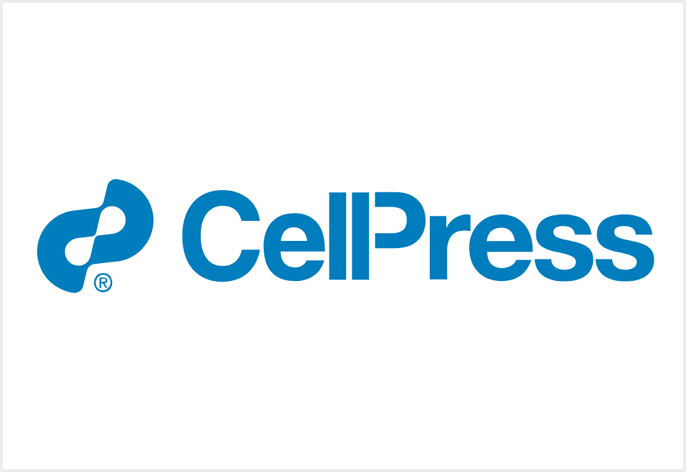
In January 2021, Cell Press gave author teams publishing in our primary research articles the opportunity to share information at the acceptance stage about inclusion and diversity topics relating to their paper as well as the option to compile an inclusion and diversity statement to appear near the acknowledgments of their published paper. The initial response was positive, with 10% of author teams participating, but we received feedback about making the criteria more representative and reducing the work needed to submit the required information.
In September 2022, we simplified the form research teams fill out. These changes included:
- the addition of a new statement to reflect gender identity—“One or more of the authors of this paper self-identifies as a gender minority in their field of research.”
- the addition of “n/a” and “prefer not to disclose” options when selecting what information to include with the statements.
- the option of adding the statement “We support inclusive, diverse, and equitable conduct of research” for those authors who wish to support inclusion and diversity but prefer not to use the statements listed.
Since the rollout of the updated form, we’ve seen a 4-fold increase in authors choosing to incorporate an inclusion and diversity statement in their papers, which can now be found in 40% of published research articles varying by journal and discipline.
In addition, we’ve noticed that more research teams overall are providing affirmative answers to questions asking whether someone from an underrepresented group was part of their paper, potentially indicating that the diversity of our author pool is increasing. Since the forms were updated, we’ve seen growth in:
- one or more of the authors self-identifying as an underrepresented ethnic minority in science (from 11.4% to 18.3%).
- one or more of the authors self-identifying as a member of the LGBTQ+ community (from 6% to 7.9%).
- one or more of the authors self-identifying as living with a disability (from 1.6% to 3.3%).
- one or more of the authors receiving support from a program designed to increase minority representation in science (from 3.6% to 5.8%).
- author groups actively working to promote gender balance in reference lists (from 8.3% to 20.2%).
- author lists including contributors from the location where the research was conducted when relevant (from 12.5% to 25.3%).
“It’s important for us at Cell Press to understand if and to what extent authors are incorporating inclusion and diversity in their everyday practices and for us to promote and celebrate these efforts in the academic setting,” says project co-lead Sheba Agarwal-Jans, PhD, a senior scientific editor at iScience. “We want to emphasize that recognition of minority status in research is not creating boundaries but increasing equity in a system that can be inherently biased already.”
“We hope that this initiative continues to encourage research teams to reflect on their own diversity and its importance to science,” says project co-lead Benedicte Babayan, PhD, a senior scientific editor at Neuron. “The uptake so far reflects that authors are having these important conversations with their teams, and we’re here to support our authors in this however we can.”
Drs. Agarwal-Jans and Babayan will continue to evolve the project based on community feedback. They are discussing how to allow co-authors to self-identify versus needing to share identifying information with the corresponding author to complete the form, how to improve the wording and user experience on the form, and how to continue to communicate the value and need for this initiative.
“The inclusion and diversity statement is one of several initiatives at Cell Press to increase equity, diversity, and inclusion in publishing, research, and STEM,” says Cell Press Inclusion & Diversity Officer Isabel Goldman, MD. “It allows authors the opportunity to signal their support while providing us the ability to gauge where we might need to focus future efforts. The uptake we’re seeing reinforces our commitment to making science more equitable for all. We hope this initiative will continue to resonate with researchers and that other publishers will adopt it in the months and years to come.”
For more information or to leave feedback, contact diversity@cell.com.


























